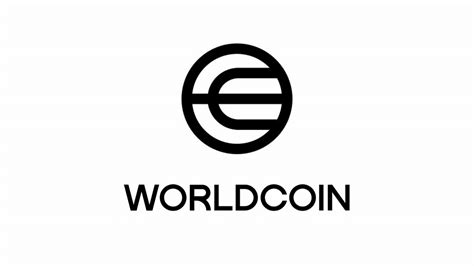Here’s a news-style article with the requested topic:
“Decentralized Cryptocurrency Takes on New Heights: What Does This Mean for the Future of Wallets?”

Cryptocurrency has evolved significantly in recent years, with various players vying for dominance in the space. Two notable players have caught the attention of investors and enthusiasts alike: Dash (DASH) and Worldcoin (WLD). Here’s how these cryptocurrencies stack up.
Dash (DASH)
Founded by Robin Hood-like hacker John McAfee, Dash is one of the most recognizable and successful decentralized cryptocurrencies. Launched in 2014, DASH uses a unique technology called “Private Transactions” that allows for faster and more secure transactions. The currency also has a rewards program where users can earn DASH by staking coins.
One of Dash’s main advantages is its ability to process large transaction volumes without high fees, making it an attractive option for merchants and individuals. In addition, the currency has gained significant traction among institutional investors, who are attracted by its relatively stable market capitalization and low volatility.
Worldcoin (WLD)
Founded by Jed McCaleb, the founder of the popular community-driven platform Reddit, Worldcoin is a new entrant in the cryptocurrency space. With its name inspired by the world of digital currencies, WLD has gained attention for its innovative use of blockchain technology to create a decentralized and secure identity system.
Worldcoin’s main goal is to revolutionize online interactions by giving users control over their personal data and transactions. The currency has a unique consensus mechanism called PoW, which allows network nodes to validate transactions without the need for a central authority.
One of the most interesting aspects of Worldcoin is its potential impact on the global economy. By giving individuals more control over their financial information and transactions, WLD could enable new forms of digital identity and economic mobility. However, as with any new technology, there are also concerns about security, scalability, and compliance that need to be addressed.
Mainnet
The main difference between Dash and Worldcoin is the underlying technology they use to achieve their respective goals. Dash is based on the X11 proof-of-work consensus algorithm, which has proven effective for a variety of applications. Worldcoin, on the other hand, uses a unique consensus mechanism called PoW, which requires significant computing power to validate transactions.
The Dash and Worldcoin networks are likely to differ significantly in terms of scalability, security, and ease of use. While DASH is great for everyday transactions, it may struggle to keep up with the growing demand for decentralized applications (dApps) on its blockchain. However, Worldcoin aims to fill this gap by providing a more scalable and efficient network.
Conclusion
The rise of Dash and Worldcoin in recent years marks an exciting chapter in the evolution of cryptocurrencies. As these two players continue to develop their respective technologies and address consumer and investor concerns, it will be interesting to see how they shape the future of decentralized money and digital transactions.
Whether you are an experienced investor or just starting to explore the world of cryptocurrency, it is crucial to stay informed about the latest developments in this rapidly evolving space. By understanding the strengths and weaknesses of Dash, Worldcoin, and Mainnet, we can better navigate the opportunities and challenges ahead.
